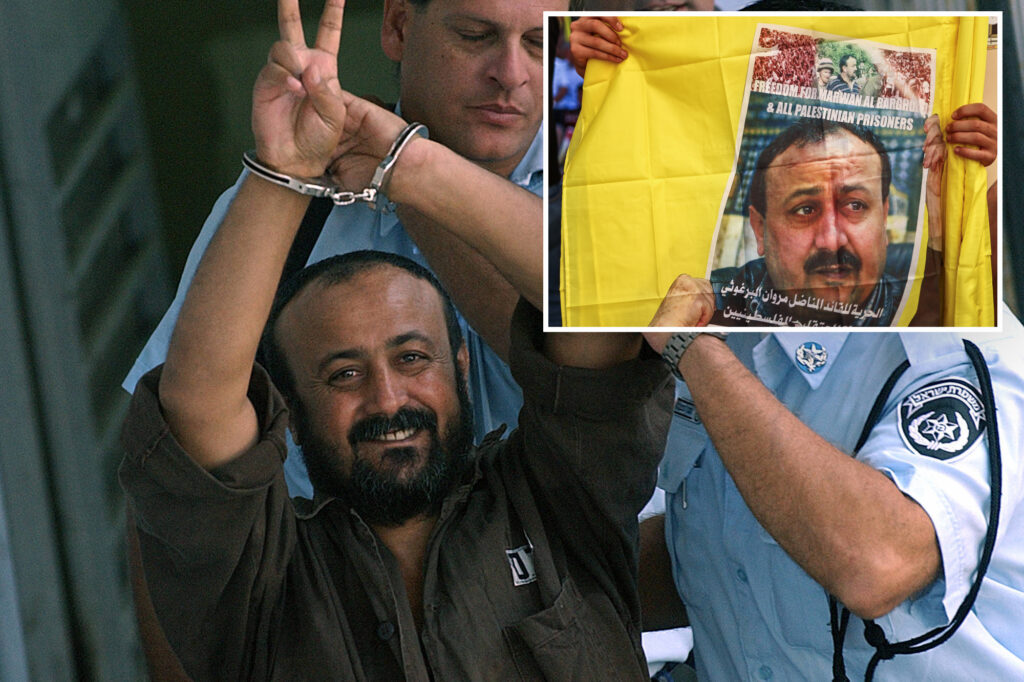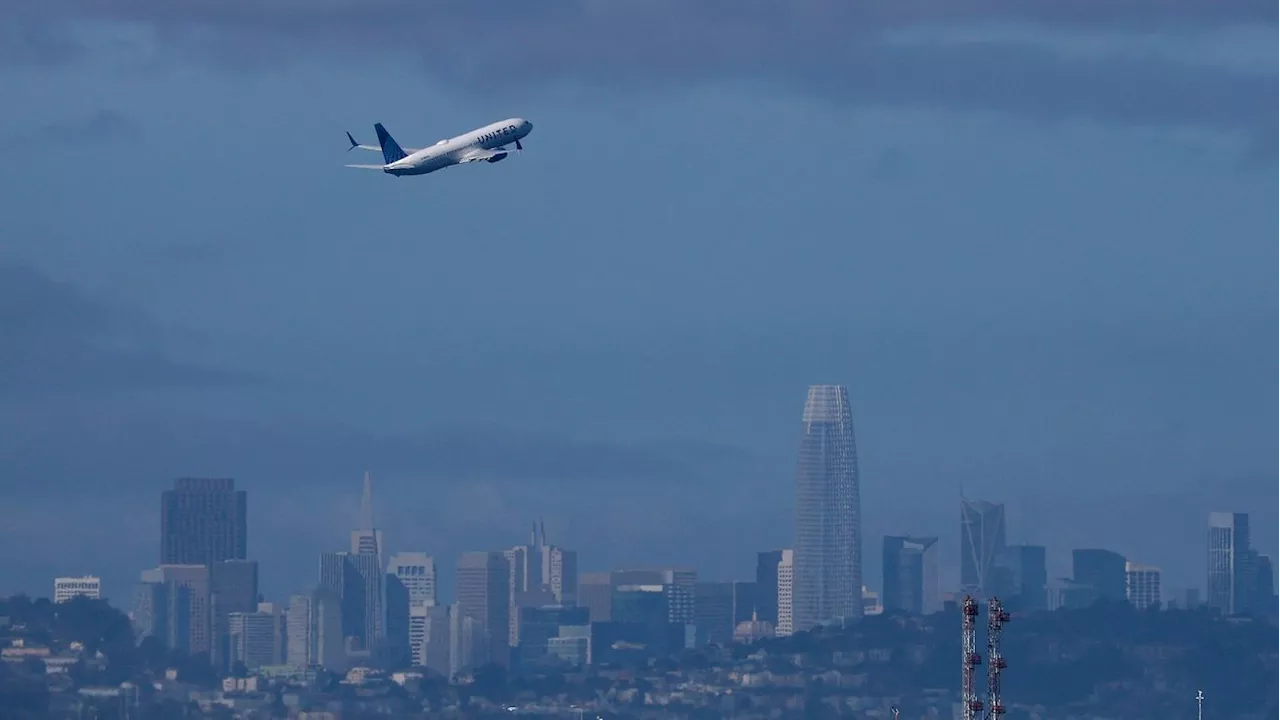
RAMALLAH, West Bank — Israel has decided not to include the prominent Palestinian leader Marwan Barghouti among the prisoners to be released in exchange for hostages held by Hamas, as part of a new ceasefire agreement. The Israeli government has also dismissed the release of other high-profile prisoners that Hamas has long sought. While a list of around 250 prisoners was published on the Israeli government’s official website, it remains unclear if this list is final.
According to senior Hamas official Mousa Abu Marzouk, the group insists on Barghouti’s release and is currently engaged in discussions with mediators regarding this issue. Israel categorizes Barghouti as a terrorist leader, currently serving multiple life sentences following a conviction in 2004 related to attacks in Israel that resulted in five deaths. Analysts suggest that Israel’s reluctance to release him stems from concerns about his potential to unify Palestinians. Barghouti, an advocate for a two-state solution, could become a significant rallying figure, akin to Nelson Mandela in South Africa.
The ceasefire, which took effect on November 24, 2023, includes provisions for Hamas to release approximately 20 living Israeli hostages by November 27, 2023. In return, Israel is set to free around 250 Palestinians serving prison sentences, along with roughly 1,700 individuals detained from Gaza over the past two years without charges. The implications of these releases resonate deeply on both sides of the conflict.
In Israel, many view the prisoners as terrorists, with some having been convicted of involvement in suicide bombings. Conversely, many Palestinians see the thousands held by Israel as political prisoners or freedom fighters resisting decades of military occupation. Among those slated for release is Iyad Abu al-Rub, an Islamic Jihad commander convicted of orchestrating suicide bombings that killed 13 people between 2003 and 2005. The oldest prisoner to be released is Samir Abu Naama, a Fatah member who has been incarcerated since 1986, while the youngest is Mohammed Abu Qatish, who was 16 when arrested in 2022 for an attempted stabbing.
Hamas has consistently demanded Barghouti’s release as part of any negotiations to end hostilities in Gaza. Israel’s refusal to include him in previous exchanges stems from fears of unintended consequences, particularly following the release of senior Hamas leader Yahya Sinwar in a 2011 prisoner swap. Sinwar later played a significant role in orchestrating the October 7, 2023 attack that escalated the current conflict.
Barghouti, 66, is regarded as a potential successor to President Mahmoud Abbas, the aging leader of the Palestinian Authority. Polls consistently indicate that Barghouti is the most popular Palestinian leader. Born in the West Bank village of Kobar in 1959, he emerged as a significant figure during the first Palestinian uprising in 1987 and has maintained a strong following even during his imprisonment.
Throughout his incarceration, Barghouti has demonstrated an ability to bridge divides within Palestinian politics. In 2021, he established his own list for parliamentary elections that were subsequently canceled. He also led a significant hunger strike in 2017, advocating for improved treatment of prisoners. Analysts believe that Barghouti’s leadership qualities could pose a challenge to Abbas, especially as the latter’s administration has faced accusations of corruption and declining popularity.
As discussions surrounding prisoner releases and ceasefire terms continue, Israel remains cautious. The right-wing government fears that releasing Barghouti could strengthen Palestinian institutions and embolden aspirations for statehood—objectives that Israel actively opposes. Barghouti’s last public appearance occurred in August 2023, when Israel’s far-right national security minister, Itamar Ben-Gvir, posted a video of himself confronting Barghouti in prison, asserting that Israel will take action against anyone perceived as a threat.
The ongoing negotiations reveal the complexities and sensitivities surrounding the Israeli-Palestinian conflict, where each decision carries profound implications for both sides.







